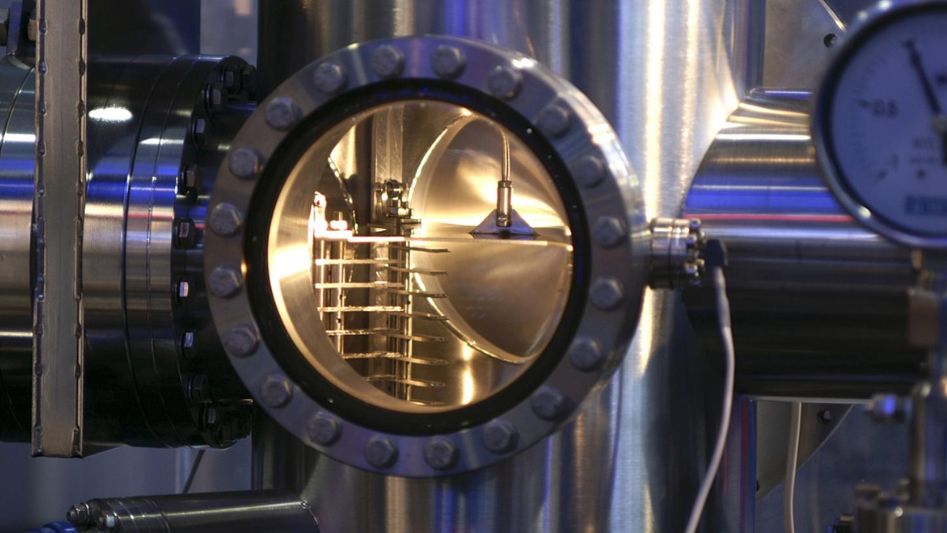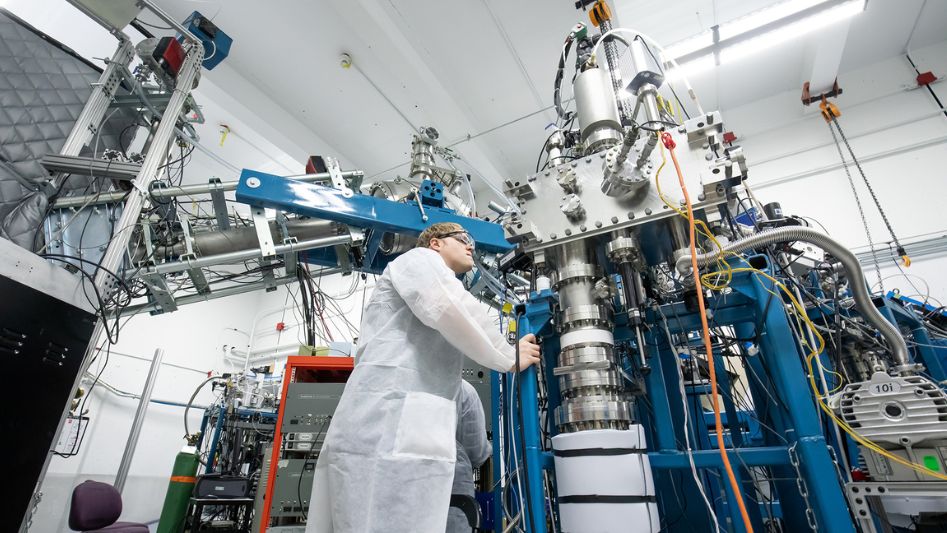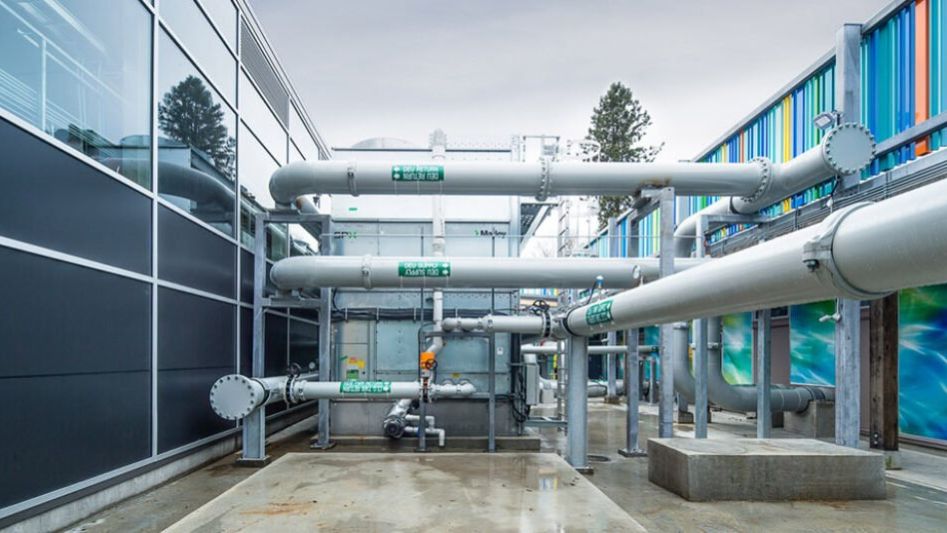Nuclear energy has long been a controversial topic, with many people raising concerns about safety, cost, and waste disposal. However, the development of small reactor technology has the potential to address these challenges and make nuclear energy a more viable option for the future. In this article, we will explore the benefits and limitations of small reactor technology, and how it is helping to change the landscape of nuclear energy.
Table of Contents

Improved Safety of Small Reactors
One of the main benefits of small reactor technology is its improved safety compared to traditional nuclear energy. Small reactors are designed to be inherently safer than large reactors, due to their smaller size and simpler design. For example, small reactors use passive safety systems, which rely on natural forces, such as gravity and convection, to operate and shut down the reactor in the event of an emergency. This can help reduce the risk of accidents and meltdowns, and make small reactors a safer option for generating electricity.
Cost-Effectiveness of Small Reactors
In addition to improved safety, small reactor technology also has the potential to be more cost-effective than traditional nuclear energy. Small reactors are typically less expensive to build and operate than large reactors, and can be customized to meet the specific energy needs of a particular location. This can make small reactors a more affordable option for countries and communities with limited budgets or resources.

Reduction of Waste and Environmental Impact
Another advantage of small reactor technology is its ability to reduce waste and minimize the environmental impact of nuclear energy. Small reactors generate much less waste than traditional nuclear energy, and the waste they do produce can be reprocessed and reused. This can help reduce the amount of nuclear waste that needs to be disposed of, and minimize the environmental impact of nuclear energy.
Limitations of Small Reactor Technology
Despite the many benefits of small reactor technology, it is important to note that it is not without its limitations. One issue is the lack of operational experience with small reactors, as many of the designs are still in the development or testing phase. There is also the potential for small reactors to be used for nefarious purposes, such as the production of nuclear weapons. In addition, small reactors may still produce some level of nuclear waste, and there are concerns about the long-term storage and disposal of this waste.
Conclusion
Small reactor technology has the potential to address the challenges of traditional nuclear energy, and make it a more viable option for the future. Its improved safety, cost-effectiveness, and reduced environmental impact make it a promising option for generating electricity. While there are still some limitations to small reactor technology, continued innovation and development can help address these issues and make it an increasingly attractive option for generating clean, reliable, and sustainable energy.

FAQ
What are small reactors?
Small reactors are nuclear reactors that are smaller in size and have a simpler design compared to traditional nuclear reactors.
What are the benefits of small reactors?
The benefits of small reactors include improved safety, cost-effectiveness, and reduced waste and environmental impact.
What are the limitations of small reactors?
The limitations of small reactors include a lack of operational experience, the potential for nefarious uses, and the production of nuclear waste.
How do small reactors compare to traditional nuclear reactors?
Small reactors are typically safer and more cost-effective than traditional nuclear reactors, and produce less waste and have a smaller environmental impact.
Is small reactor technology a viable option for the future?
While there are still some limitations to small reactor technology, it has the potential to be a viable option for the future, particularly as innovation and development continues.
You May Also Like
- FUSION ENERGY SCIENCE: QUICK FACTS
- THE ROAD TO TURN MINES INTO CLEAN ENERGY HUBS
- SCIENTISTS ANNOUNCE FUSION ENERGY BREAKTHROUGH: CLIMATE CHANGE FINAL SOLUTION?
- WHAT IS LITHIUM USED FOR IN RENEWABLE ENERGY?
- WHY GENERATION IV IS THE FUTURE OF NUCLEAR POWER?
External Links
- What are Small Modular Reactors (SMRs)?
- Advantages and Challenges of Nuclear Energy
- Small reactors could make nuclear energy big again. How do they work, and are they safe?
- Stanford-led research finds small modular reactors will exacerbate challenges of highly radioactive nuclear waste
- Small Nuclear Power Reactors
